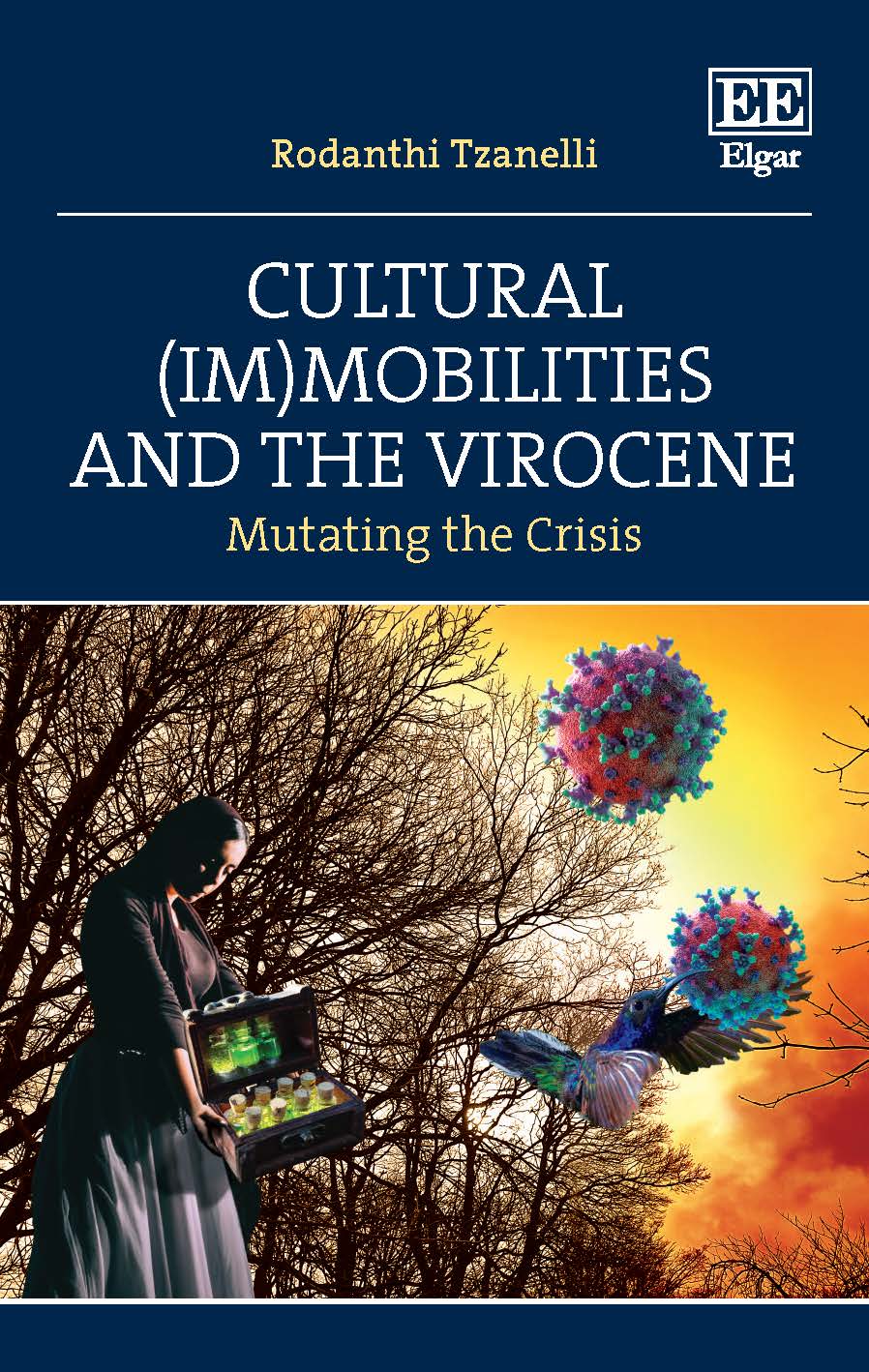‘Three Degrees of Mediation: Virocene Imaginaries of Tourism’
Written by Dr Rodanthi Tzanelli

Rodanthi's new monograph, Cultural (Im)mobilities and the Virocene: Mutating the Crisis, is out in November with Edward Elgar (sociology & social policy, and geography).
Dr Rodanthi delivers the first keynote address at the First International Congress on Critical Tourism Studies, National Autonomous University of Mexico (UNAM), 14-18 June 2021
The keynote engages with a paradox of what I shall term the ‘Virocene’: the onset of a long but fragmented (i.e. episodic) era in which viral pandemics organise human life, of which COVID-19 is only one example/episode. The restrictions imposed on our everyday mobilities during Virocenic outbreaks coerce us to rethink our place in the world, beginning with our close environs: to ‘defamiliarise’ ourselves from what we used to take for granted. This has been complemented by increased uses of technology, automobility and digital mediation to shield ourselves from viral outbreaks, which have instituted the first order of mediation in our lives. Paradoxically, some of these technologies have contributed consistently to environmental destruction and the commoditisation of human memory, especially when it comes to heritage sites (dark tourism). I argue that this paradox leads to the manufacturing of a mystical aura of death of social and natural realities (the second degree of mediation), which is followed by a resurgent need to craft hopeful futures. Currently circulating in various social media channels, this atmosphere may subsequently enable tourist industries to enter a third order/degree of mediating death to prospective consumers: of polluted landscapes and newly emerged sites of burial of the poor, who succumbed to COVID-19. We must fight for a global redirection of perception after the COVID-19 Virocenic outbreak, which will discard the commoditisation of such global traumas and focus instead on environmental and community recovery through sustainable tourism. The resurgence of hope need not wage war against technologies of representation but fight instead for a radical change in their content – hence a change in market ethics.
The presentation can be accessed HERE
Author
Dr Rodanthi Tzanelli
Associate Professor of Cultural Sociology
